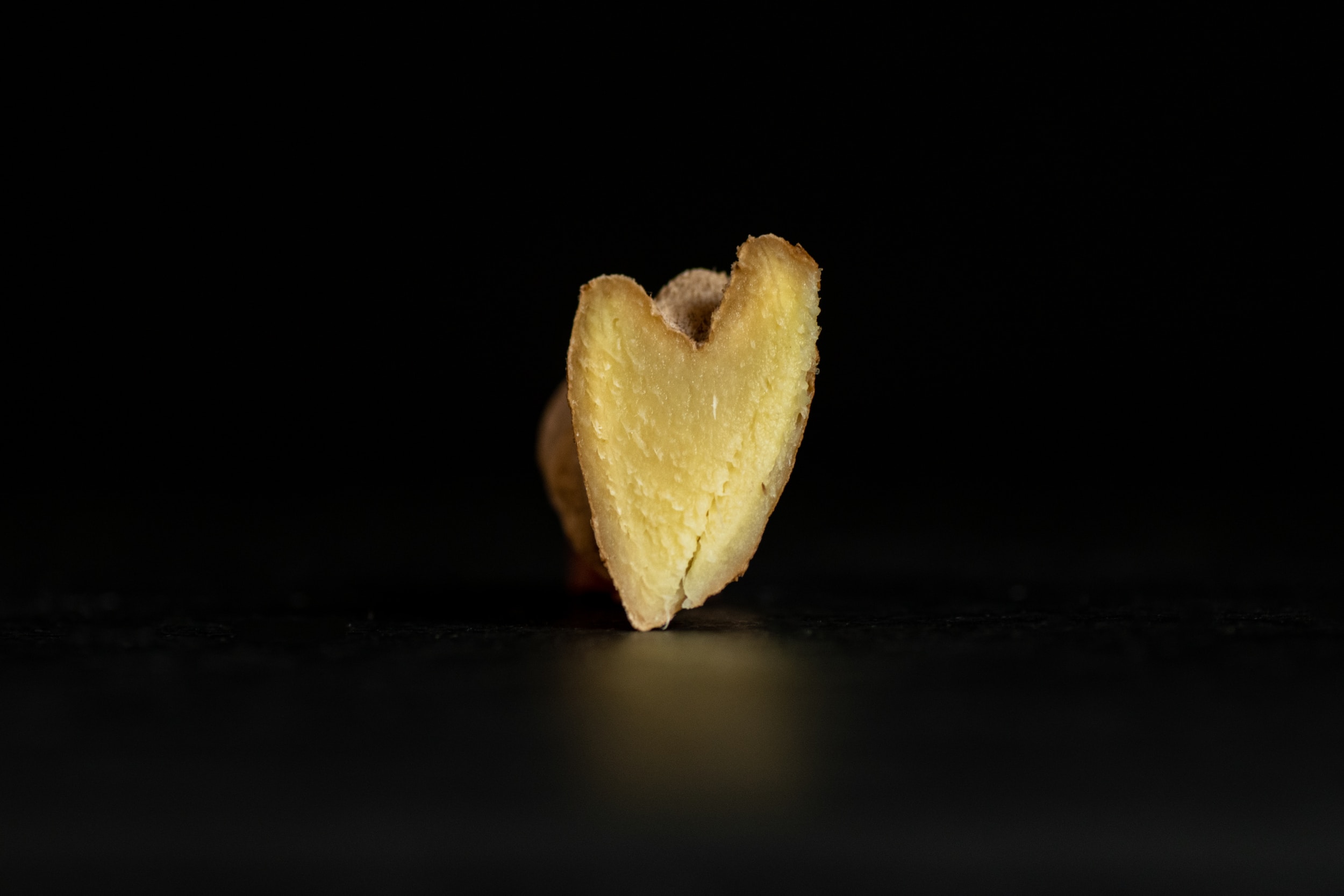Ginger in Mythology and Folklore

Ginger is a popular spice with a rich history and cultural significance that spans across the globe. For centuries, ginger has been revered for its medicinal properties, unique flavor, and versatility in both cooking and religious ceremonies. Its various uses in mythology and folklore have been an integral part of cultural traditions in diverse cultures worldwide. From ancient Greek mythology to traditional Chinese medicine, ginger has played a significant role in shaping cultural practices, beliefs, and identity. In this article, we will explore the role of ginger in mythology and folklore, examining its cultural importance and significance in different cultures and historical eras.
1. Introduction to Ginger in Mythology and Folklore
Ginger's Historical Significance and Cultural Importance
Ginger, known for its pungent aroma and spicy taste, has been used for centuries in various cuisines as a flavoring agent. However, ginger's significance extends far beyond the culinary world. It holds a special place in numerous mythologies and folklores from around the world due to its medicinal properties and cultural importance. In this article, we will explore ginger's role in ancient Greek mythology, traditional Chinese medicine, Chinese folklore, Hindu mythology, and Ayurveda.
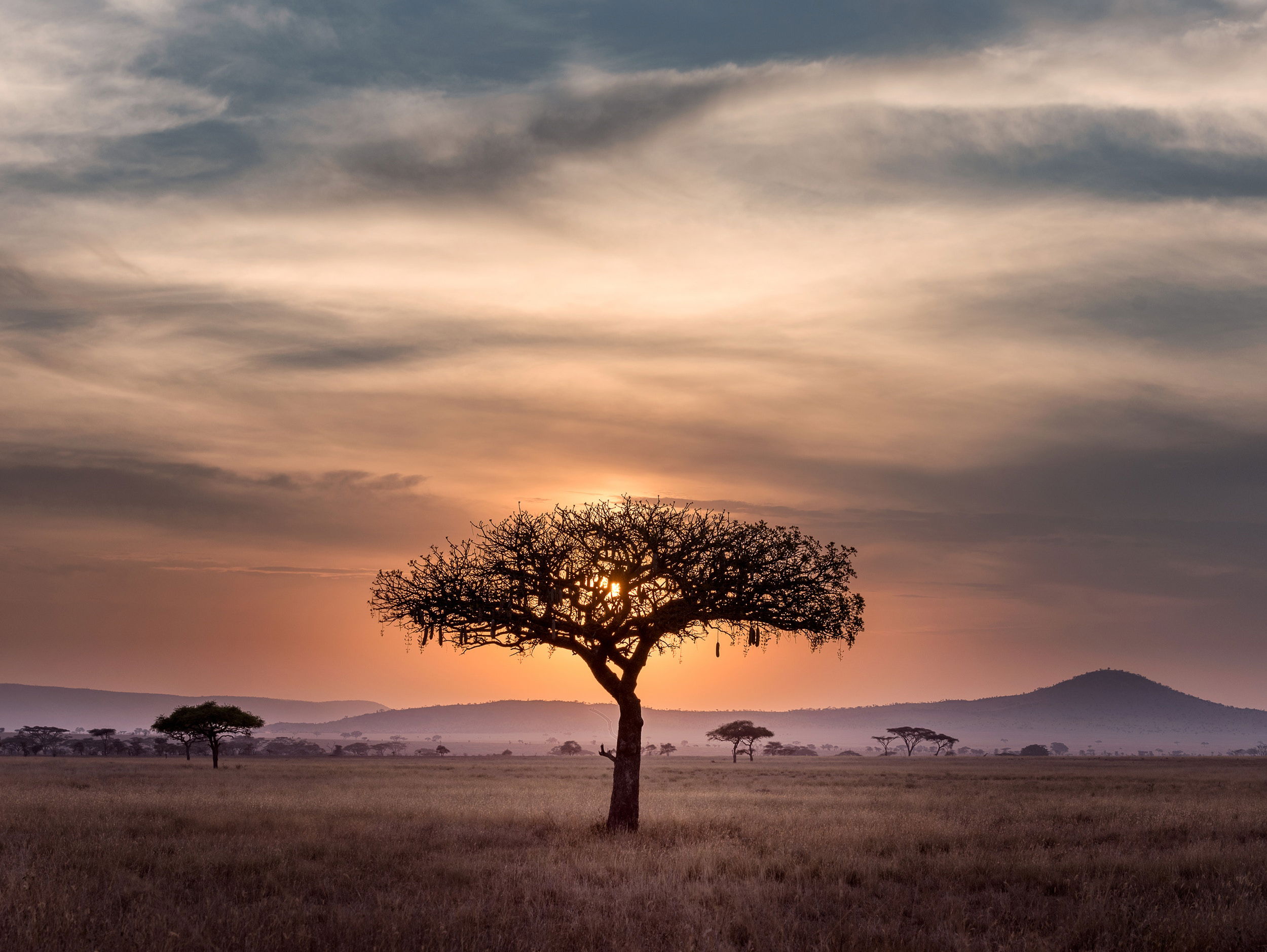
2. Ginger's Role in Ancient Greek Mythology
Ginger as a Gift from the Gods
Ginger's Use in Healing and Protection
In ancient Greek mythology, ginger was believed to be a gift from the goddess Demeter, the goddess of agriculture and the harvest. It was said that ginger grew where Demeter's tears had fallen while she was searching for her kidnapped daughter Persephone. Ginger was used in various healing rituals and was believed to have protective properties against evil spirits.
Ginger was also used by the famous Greek physician Galen, who believed that it had warming properties and was effective in treating digestive and respiratory ailments. The use of ginger to treat digestive issues was also mentioned by the philosopher and scientist Aristotle.

3. Ginger in Traditional Chinese Medicine and Folklore
The Origins of Ginger in Chinese Culture
Ginger's Medicinal Properties in Traditional Chinese Medicine
Ginger as Symbolism in Chinese Folklore
The use of ginger in traditional Chinese medicine can be traced back to the Ming Dynasty. Ginger was believed to have "yang" properties, meaning that it could warm the body and improve circulation. It was also believed to be effective in treating digestive issues and respiratory ailments.
In Chinese folklore, ginger was associated with the story of the ancient Chinese hero Sun Wukong, also known as the Monkey King. It was said that Sun Wukong had a fiery temper and a quick wit, and he was often associated with ginger because of its warming, spicy nature.

4. Ginger's Significance in Hindu Mythology and Ayurveda
Ginger in Hindu Creation Myths
Ginger's Role in Ayurvedic Medicine
Ginger as a Sacred Offering in Hindu Rituals
In Hindu mythology, ginger was believed to have been created during the churning of the ocean of milk, a famous story in Hinduism. It was said that the first plant of ginger was created when Lord Vishnu's wife, the goddess Lakshmi, threw a piece of ginger into the ocean.
Ginger has been used in Ayurvedic medicine for thousands of years and is believed to have "agni" properties, meaning that it can stimulate the digestive fire and improve digestion. It is also believed to be effective in treating respiratory ailments.
Ginger is considered a sacred offering in Hindu rituals and is often used in religious ceremonies and festivals. It is also commonly used in Indian cuisine, where it adds a spicy, warming flavor to dishes.
In conclusion, ginger's cultural importance and medicinal properties have made it a favorite in mythology and folklore throughout history. Whether used to treat ailments or to add flavor to food, ginger's versatility and unique qualities have made it a staple in various cultures around the world.
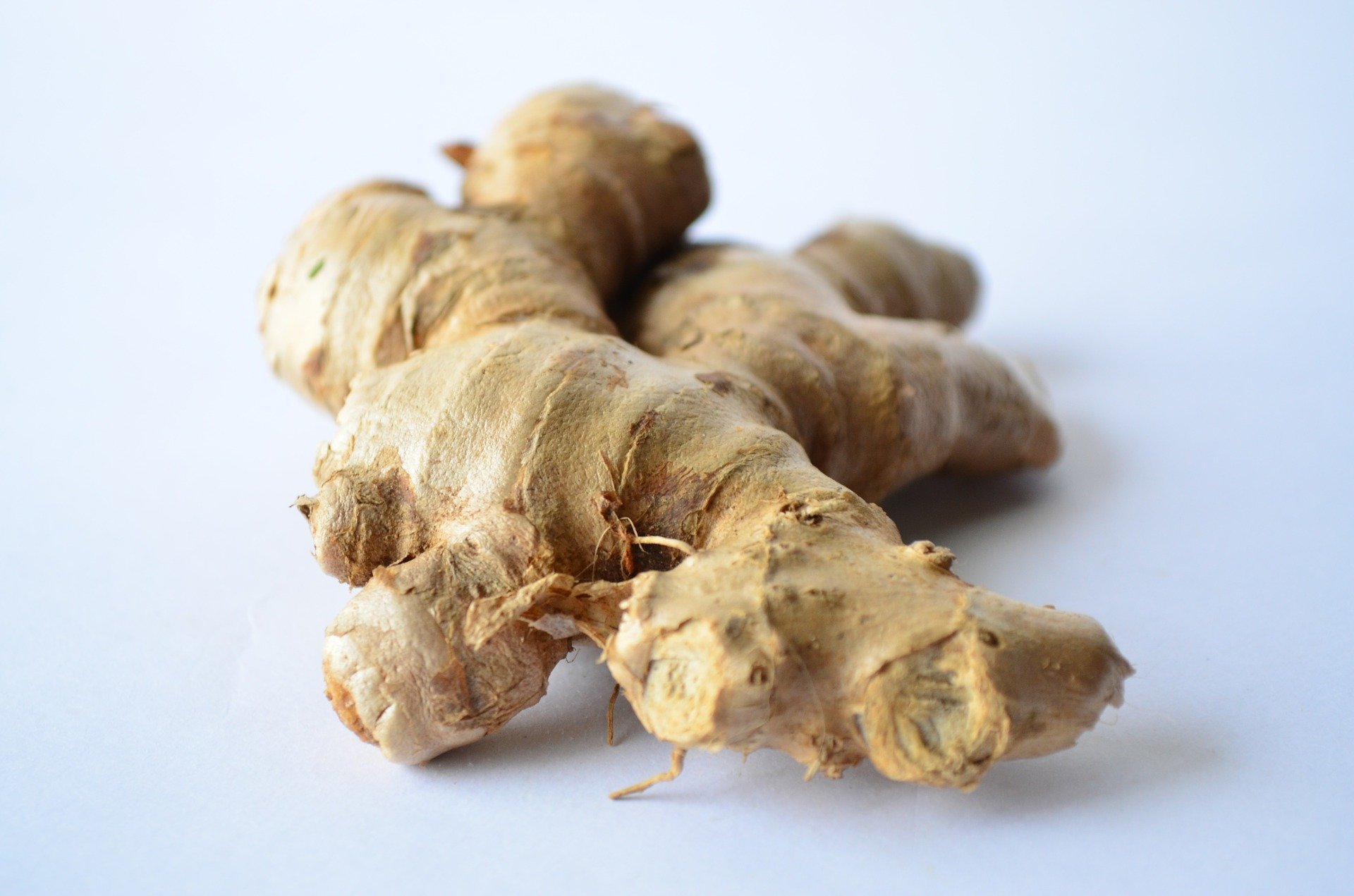
5. Ginger's Association with Christmas Traditions and Folklore
The Origins of Gingerbread in Europe
Ginger has long been a staple ingredient in holiday baking, particularly during Christmas time. In Europe, gingerbread cookies and houses have been a part of Christmas traditions for centuries. The origins of gingerbread can be traced back to medieval Europe, where gingerbread bakers were highly regarded members of their communities. These bakers would create elaborate gingerbread sculptures for special occasions, such as weddings and fairs.
As gingerbread grew in popularity, it became associated with Christmas, and gingerbread houses and cookies became a beloved holiday tradition. Today, gingerbread remains a popular holiday treat, with many families gathering to bake and decorate their own gingerbread creations during the Christmas season.
Gingerbread is a Symbol of Good Luck and Fortune
In addition to being a holiday favorite, gingerbread has also been considered a symbol of good luck and fortune for centuries. In some European countries, gingerbread cookies are given as gifts to bring good luck and prosperity in the coming year. The shape of the gingerbread man, with its outstretched arms and legs, has been likened to a talisman, believed to offer protection from evil spirits.
Gingerbread has also been used in divination practices, with some people believing that the shape and texture of the gingerbread can reveal information about the future. Whether used as a holiday treat or a symbol of good luck, gingerbread remains an important part of cultural traditions around the world.
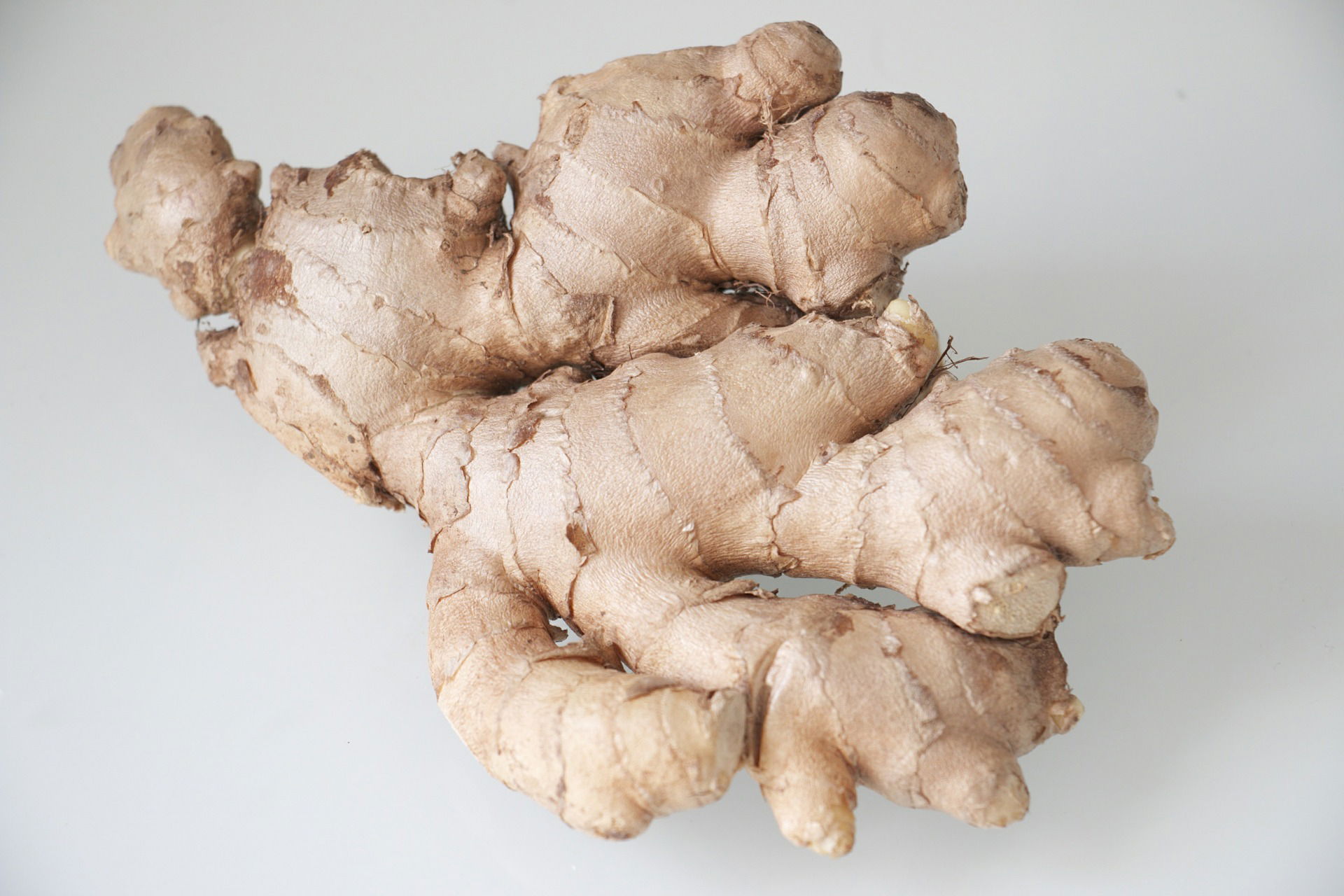
6. Ginger's Role in African and Caribbean Folklore
Ginger's Use in Traditional African Medicine
Ginger has been used in traditional African medicine for centuries, with its healing properties highly valued in many cultures. In some African tribes, ginger is believed to have the power to expel evil spirits and is used in cleansing rituals to ward off negative energy. Ginger is also used as a digestive aid and is often taken in tea form to settle upset stomachs.
Ginger as a Symbol of Protection in Caribbean Folklore
In Caribbean folklore, ginger is often associated with protection and defense. Ginger root is believed to have the power to repel evil spirits and negative energy, and is sometimes worn as a form of talisman or amulet for protection. Ginger is also used in rituals and ceremonies to invoke the protection of ancestral spirits and deities.
Beyond its spiritual significance, ginger is also an important ingredient in many Caribbean dishes, adding flavor and depth to traditional dishes like jerk chicken and spicy soups.
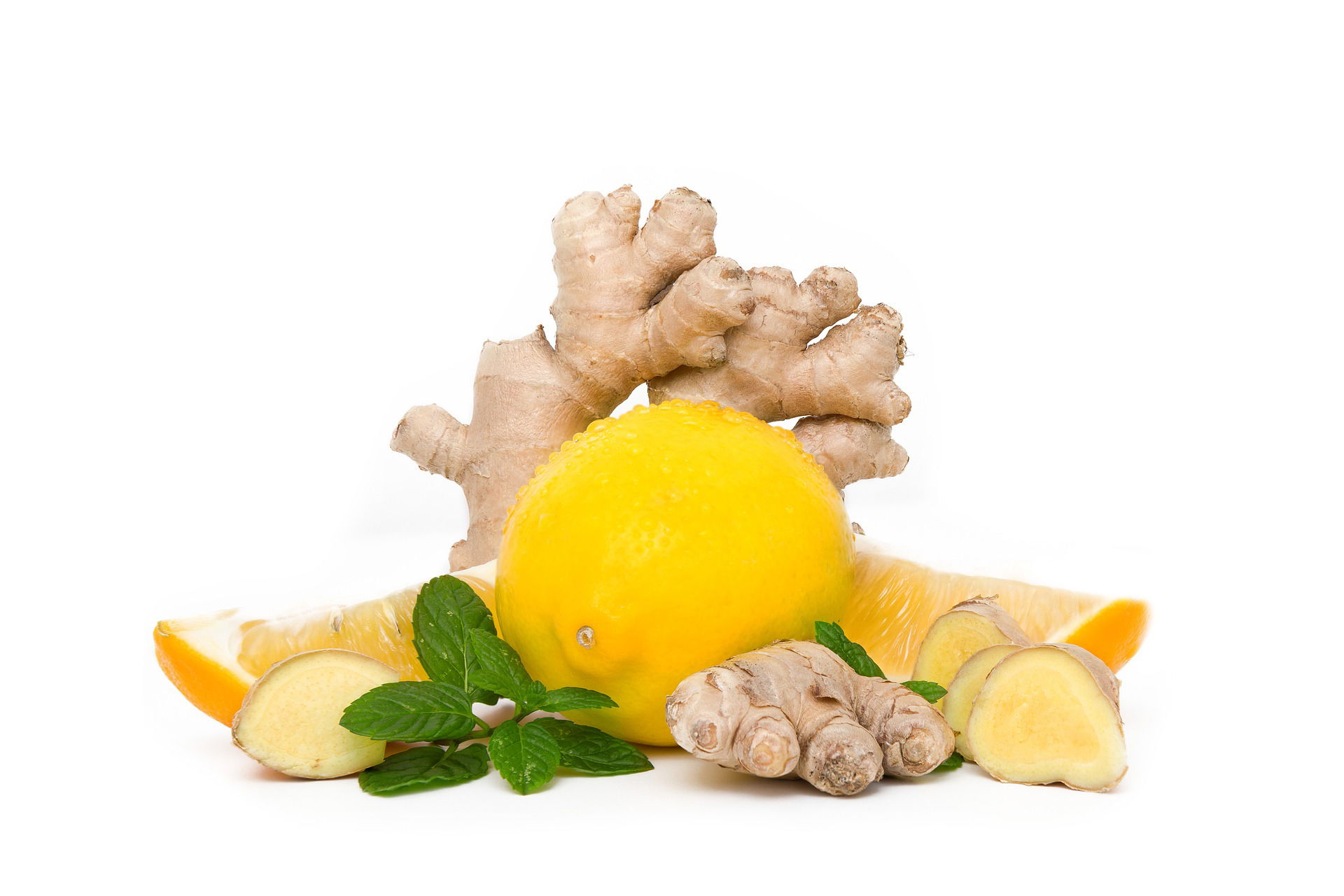
7. Ginger in Native American Traditions and Mythology
Ginger's Use in Native American Healing and Rituals
Many Native American tribes have long used ginger in healing rituals and traditional medicine. Ginger is believed to have powerful anti-inflammatory properties and is used to treat a range of ailments, including headaches, arthritis, and digestive issues. In some tribes, ginger is also used in purification ceremonies, to cleanse the body and spirit of negative energy.
Ginger's Symbolism in Native American Creation Stories
In some Native American creation stories, ginger is believed to have played a significant role in the creation of the world. According to some legends, ginger was among the first plants to emerge from the earth, and was considered a sacred plant by many tribes. Ginger was believed to have the power to heal and protect and was often used in spiritual rituals and ceremonies.
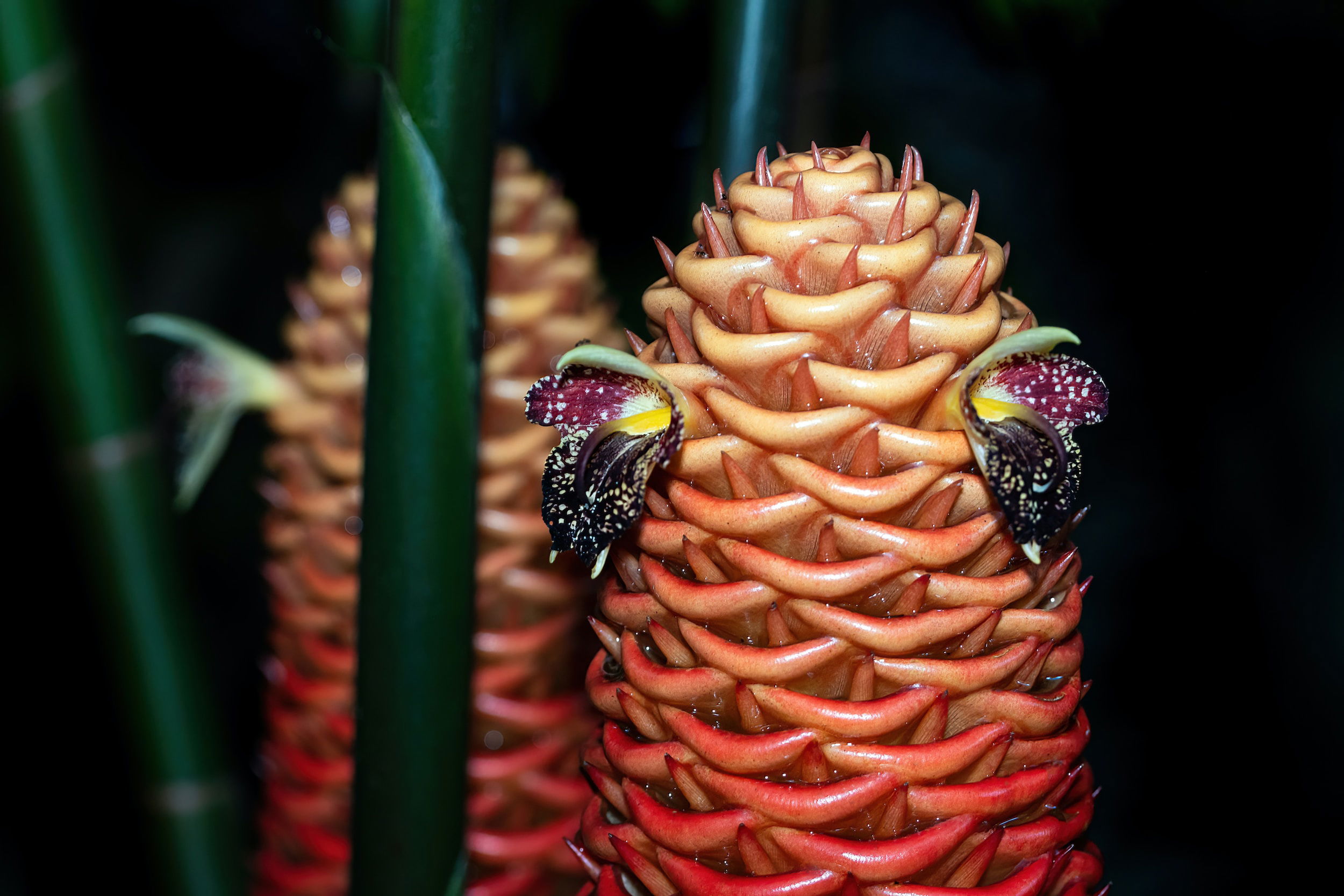
8. The Symbolism of Ginger in Modern Culture and Conclusion
Ginger's Association with Health and Wellness Trends
In recent years, ginger has seen a surge in popularity in health and wellness circles, with many people turning to ginger supplements and teas for their purported health benefits. Ginger is believed to have powerful anti-inflammatory and antioxidant properties and is thought to support healthy digestion and immune function.
The Cultural Significance of Ginger Today
Beyond its health benefits, ginger remains an important part of cultural traditions and folklore around the world. From its association with Christmas traditions in Europe to its use in healing rituals in Africa and Native American cultures, ginger continues to hold a special place in cultural mythology and folklore. Whether used as a symbol of protection or a healing ingredient, ginger remains a powerful and valued part of cultural traditions worldwide.
In conclusion, ginger's role in mythology and folklore is a testament to its long-standing cultural importance and significance. From ancient times to the present day, ginger has been associated with healing, protection, and good luck, and its use continues to be an integral part of cultural practices around the world. Whether in traditional medicine, religious ceremonies, or culinary arts, ginger's versatility and cultural significance have stood the test of time.

FAQs
What are the medicinal properties of ginger?
Ginger has numerous medicinal properties, including anti-inflammatory, antioxidant, and anti-nausea effects. It has been used to treat a wide range of ailments, from upset stomachs and nausea to arthritis and chronic pain.
What is the significance of gingerbread in Christmas traditions?
Gingerbread has been an integral part of Christmas traditions in Europe for centuries, representing good luck, prosperity, and hospitality. Gingerbread houses and other gingerbread treats are often used to decorate homes and are popular gifts during the holiday season.
What is the cultural significance of ginger in traditional Chinese medicine?
In traditional Chinese medicine, ginger is believed to have warming and stimulating properties. It is used to treat a wide range of ailments, from digestive problems and menstrual cramps to colds and flu. Ginger is also considered to be a symbol of good health and longevity in Chinese culture.
How has ginger's cultural significance changed over time?
Ginger's cultural significance has evolved over time, reflecting changes in cultural practices and beliefs. While ginger was once associated primarily with medicinal properties, it has come to be valued for its culinary versatility and unique flavor. In modern culture, ginger is often associated with health and wellness trends and is a popular ingredient in smoothies, teas, and other health-conscious products.
